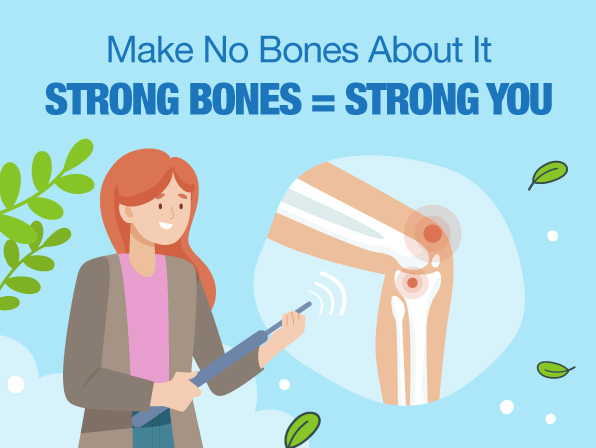Niacin
Other Names: Vitamin B3, Nicotinic Acid
Niacin, also known as Vitamin B3, is a water-soluble vitamin that facilitates energy production by metabolising carbohydrate, protein and fat.
It is involved in various bodily functions such as improving blood circulation, and supporting healthy nervous and digestive system. Studies have also shown that niacin has a role in maintaining healthy blood lipid profile by reducing LDL ('bad' cholesterol), increasing HDL ('good' cholesterol), and decreasing triglycerides level.
There are two forms: niacin and niacinamide. Niacinamide does not cause flushing so it is always labelled as 'flush free'. However, it does not possess all the same properties of niacin, such as the ability to lower cholesterol level.
Common food sources are beef liver, brewer's yeast, poultry, fish, nuts and legumes.
Symptoms of niacin deficiency include fatigue, dizziness, headaches, poor appetite, indigestion, memory loss, and pellagra (a disease characterized by 'three Ds' - dementia, diarrhea and dermatitis, mostly occurs in developing countries where food choices are not as varied). Some individuals might develop flush reaction (red rash on skin, with or without tingling sensation) after taking niacin supplement.
Stay Inspired with Health Trends

Women's Wellness by the Decade: An International Women's Day Focus
Every woman wants to age gracefully – from your 20s to 50s and beyond. There are steps you can take during each phase of life to keep you well and healthy. This is your guide to women’s wellness through the decades.

How Burned Out are You?

Is The Sunshine Vitamin Really Enough?

Make No Bones About It
Do you know? Bones need more than just calcium to stay strong.
